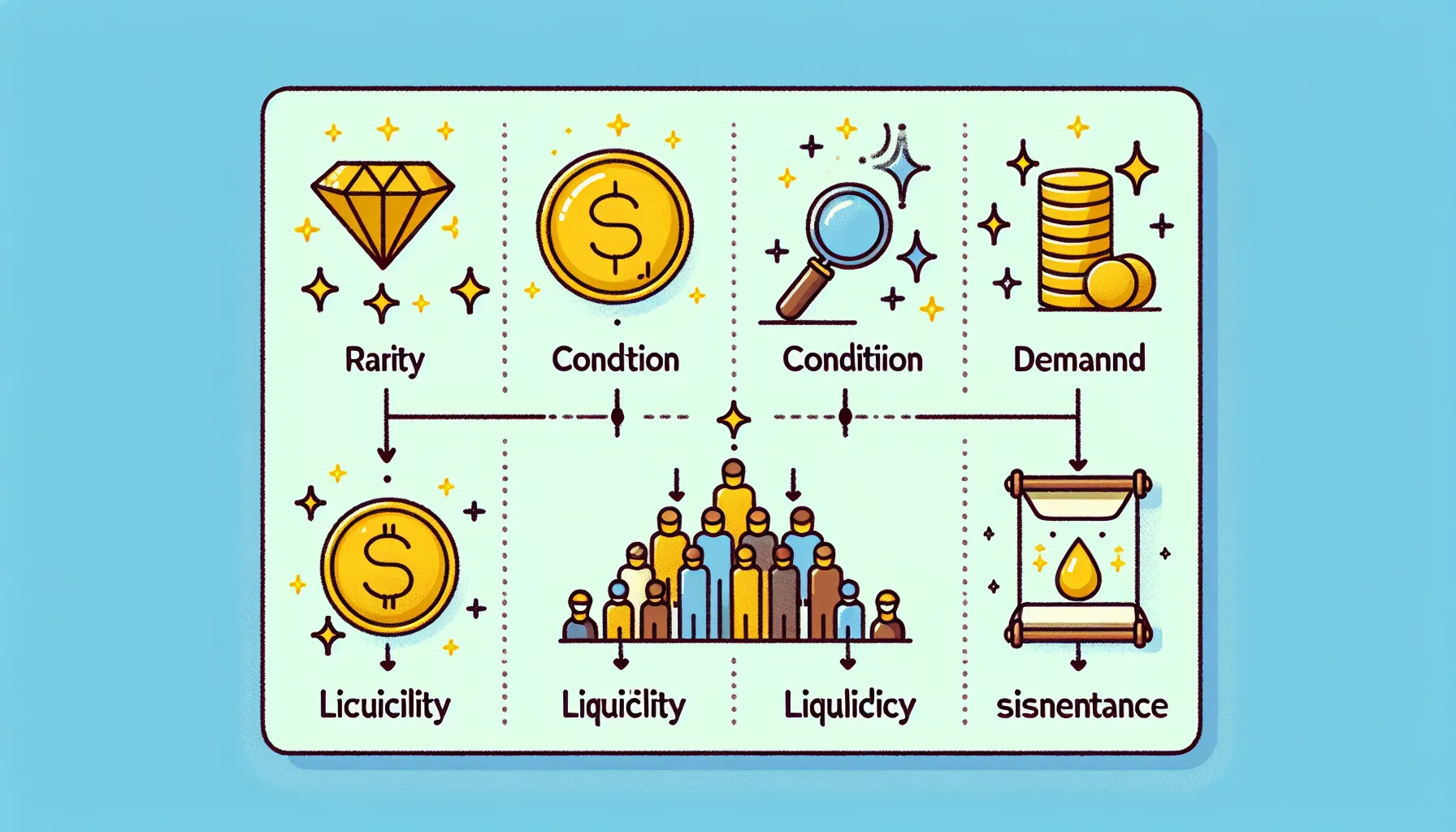The Cultural Impact of T-Shirts: From Music to Politics
Historically, the T-shirt was nothing more than an undergarment that gained popularity among American soldiers during World War II who found them practical in the hot climates of Europe and the Pacific. Post-war, returning soldiers continued to wear their T-shirts, and the garment gradually transitioned into casual, everyday wear.
The 1950s marked a turning point when icons like Marlon Brando and James Dean donned T-shirts in movies, for they made a part of our wardrobe once and for all. As a rule, T-shirts inevitably influence dozens of cultural fields, e.g., as politics and music in particular, where they are still an effective means of expression and change.

The Rise of Band T-Shirts: Wearing Your Allegiance
The rise of band T-shirts indicated a drastic change in the way culture was perceived. Rock 'n' roll and other music genres experienced a rise in popularity in the 1960s and 1970s, and fans became got more and more obsessed with the ides of supporting their favorite musicians. Band T-shirts gave fans a way to meet others who share their interests and show off their musical tastes with pride but no prejudice.
One of the earliest examples of band T-shirts can be traced back to the merchandising efforts of rock bands like The Rolling Stones and The Beatles. Most popular bands started selling T-shirts at concerts and through mail-order catalogs as soon they realized the potential of this item as a promotional tool.
Band T-shirts experienced a renaissance in the 1970s as the music industry kept growing and changing rapidly. Concert tours became opportunities for bands to sell merchandise directly to fans, with T-shirts often being the most sought-after items. The designs, which might be anything from basic logos to sophisticated artwork, were to capture the spirit and style of the bands they represented.
Wearing a band T-shirt was a way for fans to signal their membership in a particular subculture and to connect with others who shared their musical tastes. As people gather to enjoy the music they adore, concert halls and music festivals turn into exhibition spaces for a wide variety of band T-shirts. Therefore, fans are free to proudly proclaim their connections and enjoy the feeling of unity.
The rise of the internet and e-commerce further fueled the popularity of band T-shirts. Online stores and fan communities enabled fans to connect with each other across geographical boundaries, hence creating a global network of music enthusiasts united by their shared love of bands and their music.
Political T-Shirts: Amplifying Voices and Driving Change
The roots of political T-shirts can be traced back to the 1960s, a decade marked by social upheaval and grassroots activism. During this time, T-shirts became canvases for slogans and symbols of resistance, as activists sought to raise awareness and mobilize support for causes ranging from civil rights to anti-war protests. The iconic image of Che Guevara, emblazoned on countless T-shirts, became a symbol of revolutionary fervor and solidarity with oppressed peoples around the world.
In the 1970s and 1980s, political T-shirts continued to evolve as new social movements emerged. Feminist activists used T-shirts to challenge patriarchal norms and promote gender equality, while environmentalists used them to raise awareness about pressing ecological issues. From LGBTQ+ rights to indigenous rights, political T-shirts became vehicles for marginalized communities to assert their identities and demand recognition and justice.
One of the defining features of political T-shirts is their ability to spark conversations and provoke thought. As usual, political T-shirts have a knack for capturing people’s attention and prompting them to engage with complex social issues. Moreover, political T-shirts have the power to humanize and personalize political struggles. By putting a face – or a slogan – to a cause, political T-shirts make it easier for people to empathize with and relate to the issues at hand.

The Power of T-Shirts in Shaping Culture
T-shirts have transcended their humble origins to become powerful agents of cultural influence, for they shaped the way we express ourselves, engage with others, and navigate the world around us.
One of the key drivers of T-shirt culture is its democratizing effect, i.e., it allows one from all walks of life to participate in the creation and dissemination of cultural trends. Unlike traditional forms of media and fashion, which are often controlled by elite gatekeepers, T-shirts offer a relatively accessible and affordable means of self-expression. Anyone with a message or a design can print it on a T-shirt and share it with the world, bypassing the traditional channels of cultural production and distribution.
Moreover, T-shirts serve as cultural artifacts, for they may capture the spirit of a particular moment in time and preserve it for posterity. Each garment can tell a story about the people who wore it and the cultural forces that shaped their lives. As such, T-shirts are historical documents that reflect the social, political, and aesthetic values of their time.
The cultural impact of T-shirts is undeniable. The cultural impact of T-shirts extends beyond their role as mere clothing; they have become symbols of identity, community, and belonging. When we wear a T-shirt emblazoned with a band logo or a political slogan, we are signaling our affiliations and values to the world, forging connections with like-minded individuals, and fostering a sense of solidarity.



